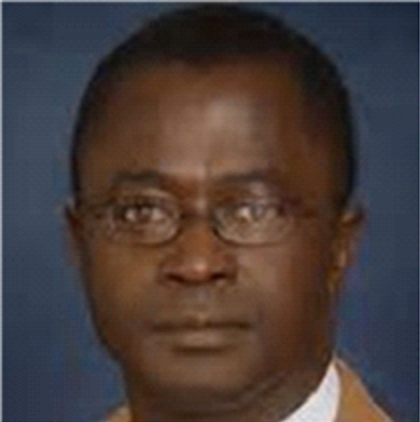It is time for our land to stop being a source of conflict and become a source of peace, prosperity, and unity. It should be recognised that land belongs not just to those who own it but to those who need it- e.g., to grow food-, nurture it, and will pass it on.
The Gambia needs a comprehensive land reform policy and the establishment of an inclusive, visionary Land Reform Committee. This Committee should consist of individuals who are directly affected by land injustices and credible representatives from key government ministries (e.g., Ministries of Lands and Regional Government, Agriculture, Justice, Forestry and the Environment, Education, Tourism and Culture, Women’s Affairs, Youth and Sports, Parks and Wildlife).
However, my concern is the lack of goodwill, credibility and accountability within these ministries and society at large. Government ministries, agencies, and much of society lack a credible and critical presence, with many complicit in the short-term, self-serving unregulated land trade.
The government agencies such as the Department of Physical Planning and developers ignore population growth and the need for proper infrastructure such as transport and sewerage systems. In my view, we all need to dance a different kind of jazz to this issue if we are to halt what may be described as the “Great Gambian Land Problem”. If nothing changes- due to the size of our country-, generations to come may face a landless future, with no parks, open spaces, or even cemeteries. Some readers may take the view that this scenario is already evident in parts of the country– some cemeteries are already full.
I submit that the voices in our communities need to change; well-meaning elders who remember the ancestral histories; women who feed and care for our families and the youth must be heard. The youth must be given a voice for they will not only inherit the land but will have the responsibility to protect it because the land represents their identity and livelihood. As farmers, smallholders, herdsmen, and fishermen are not only the backbone of the rural economy, and the source of much of our livelihoods, these groups should be included in the Land Reform Committee.
We also need civil society organisations, rural and village associations (e.g., the Village Development Committees, Kabila kaffos, and other such organisations) working wherever they are, to organise and advocate for fair land use. We must include legal experts, laypersons, surveyors, and land use planners who can ensure titles are real, enforceable, and based on justice.
We need academics, researchers from the Gambia and beyond to offer innovative models on land trusts, indigenous-led land governance, cooperative land stewardship and gender-equal inheritance systems. It must be our aspiration that any reform must not marginalise the vulnerable groups but must be guided by the principles of inclusivity, and transparency in its decisions and accountable to the people as well as being well-rooted in local reality, and committed to not just redistribution, but also to restoration (of justice, and of dignity).
We need a bold new vision for land in The Gambia, a vision that goes beyond empty promises and the setting up of an Interdepartmental Committee by the judiciary whose report/recommendations and even legislation will do little more than gather dust- just like the others. True land reform must restore ancestral justice, protect the environment, empower women, secure rural livelihoods, and build a sustainable future by regulating land sales with appropriate safeguards as well as the rewilding of the land. Sadly, the current administration is too hopeless and ineffectual to deliver such a bold new vision.





